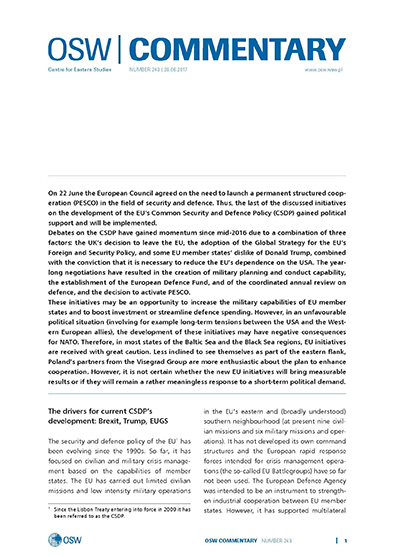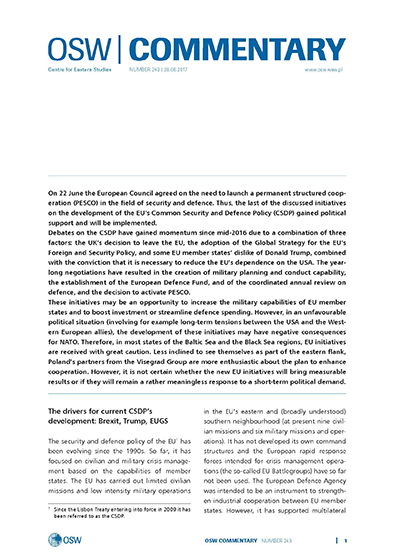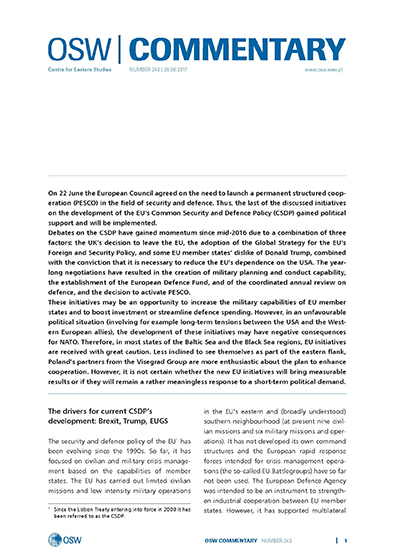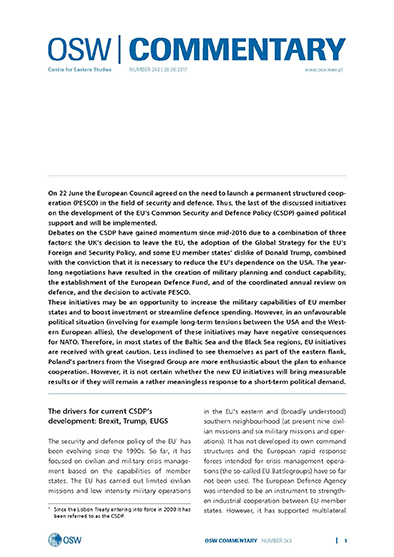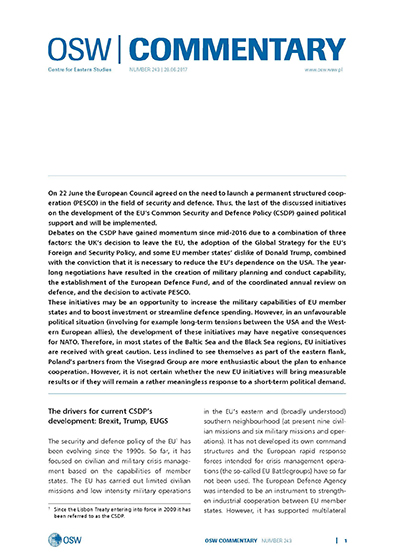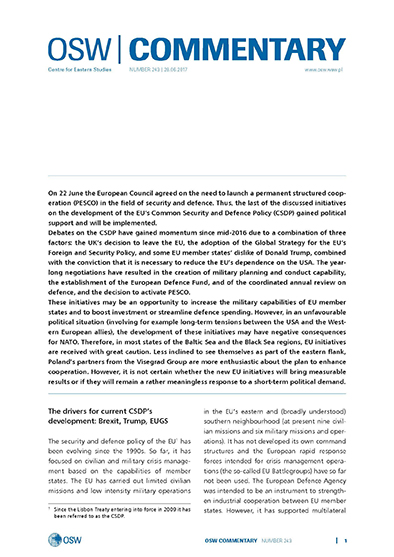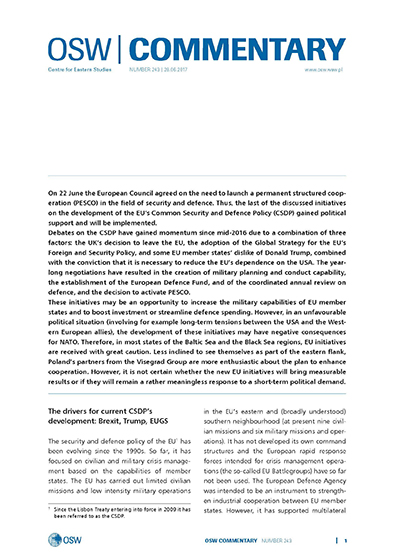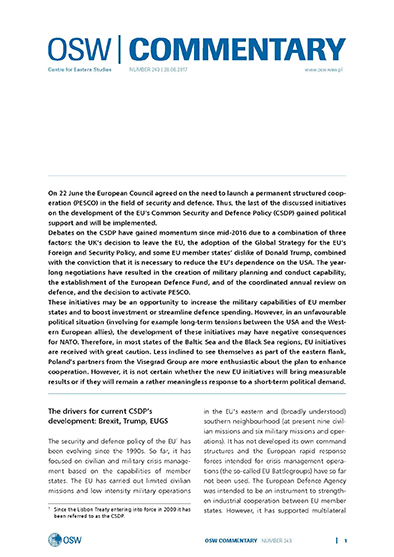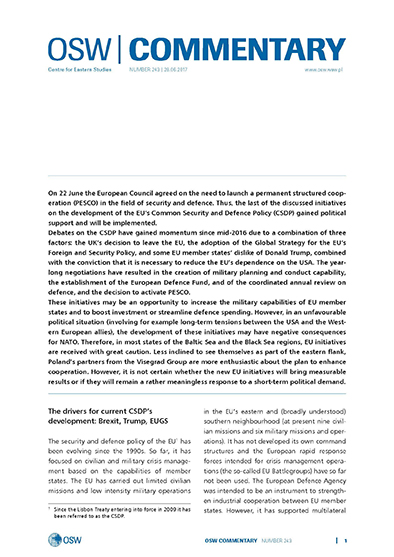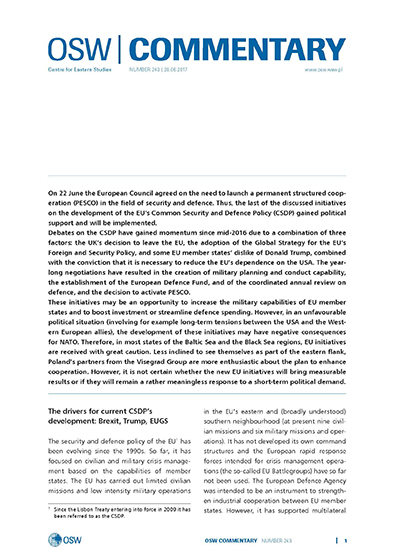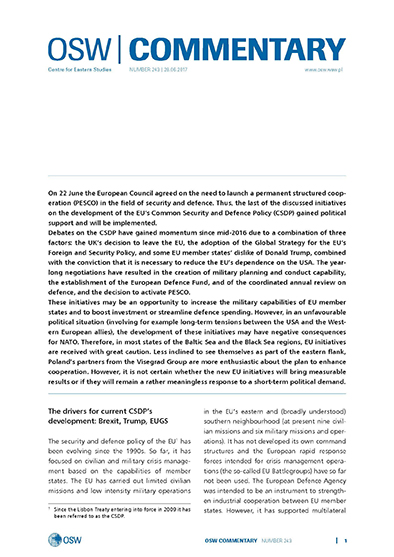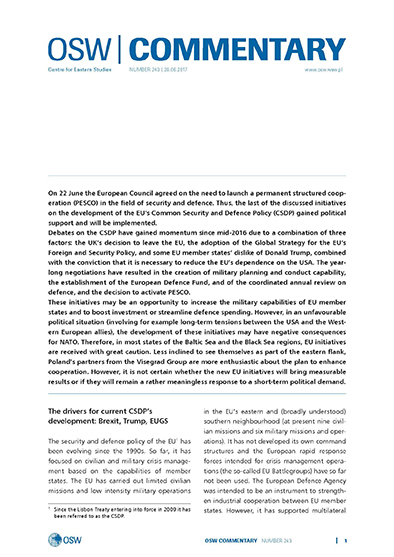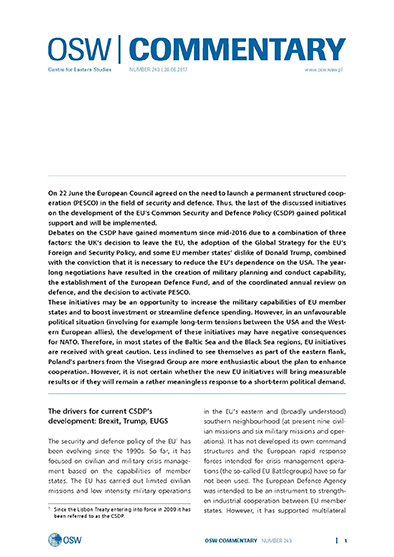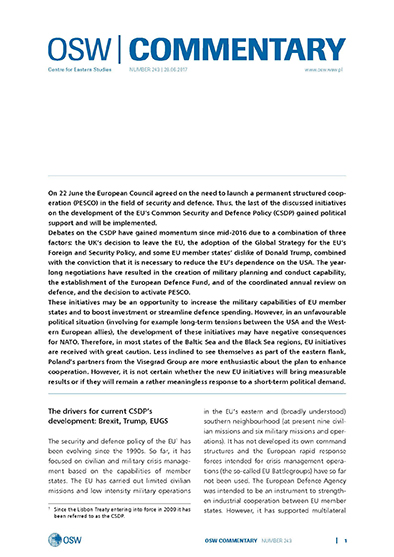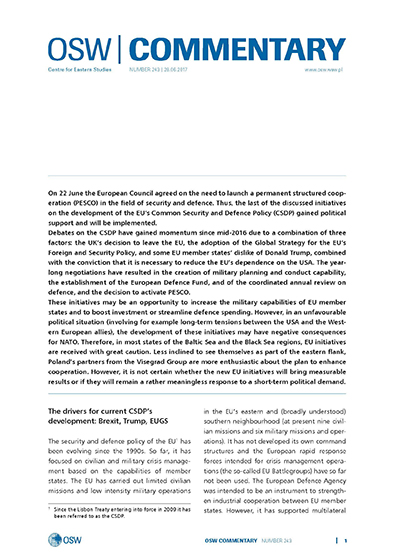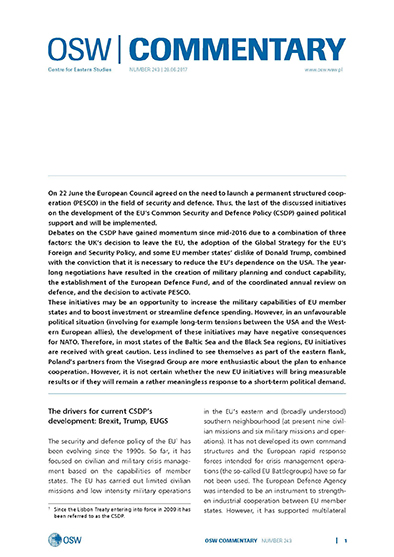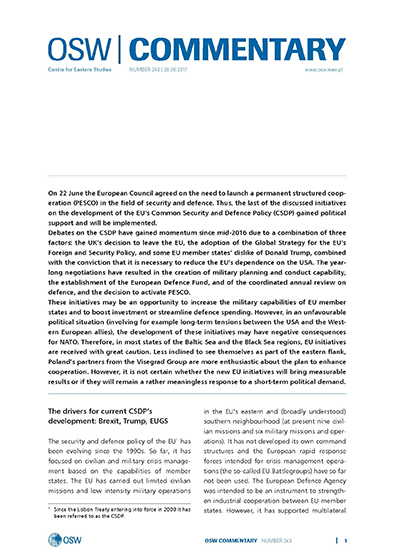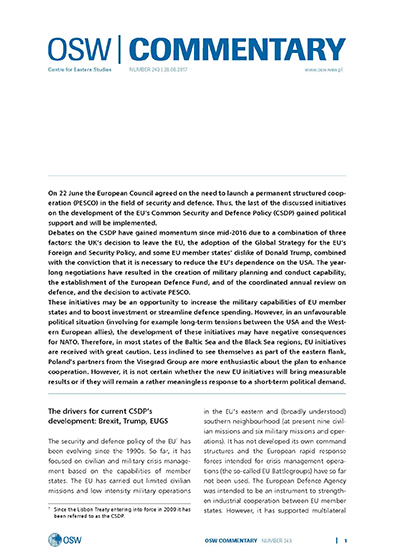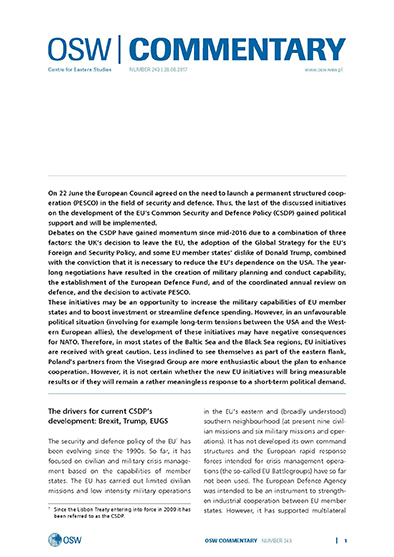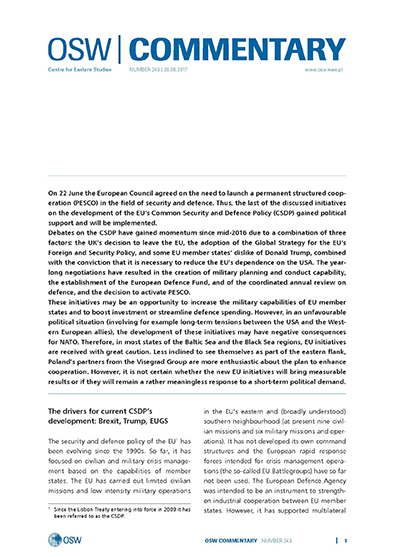
Exporting Jihad – Islamic terrorism from Central Asia
Exporting Jihad – Islamic terrorism from Central Asia
Keywords: Jihad; Islamic terrorism; Central Asia
The terrorist attack in Stockholm on April 7th was perpetrated by a citizen of Uzbekistan. Previously, on April 3rd an ethnic Uzbek from Kyrgyzstan holding Russian citizenship conducted an attack on the subway in Saint Petersburg. These attacks were preceded by other large scale terrorist attacks conducted by Islamic radicals from Central Asia within the last 12 months. It shows the rising potential of radical Islamic groups and organisations originating from the countries of the region. Within Central Asia itself the level of the terrorist threat is low, owing to mass surveillance and widespread persecution of independent Islamic groups by the au- thoritarian regimes of regional states. These actions, however, led to radicalisation of individ- uals and entire groups, followed by them leaving the country to join Islamic terrorist organisations abroad (previously in Afghanistan and Pakistan, currently in Syria and Iraq). During the last decade, Islamic radicals from Central Asia were engaged in terrorist activities worldwide – from the USA, through Afghanistan, Pakistan and Syria, to Turkey and countries of the European Union. The trend of radicalised individuals migrating outside of Central Asia will most likely increase in the future, due to demographic pressures in the region, rising authoritarian tendencies and the scale of persecution. Therefore, the terrorist threats arising for European Union from the radical Islamic militants from Central Asia will probably also increase.
More...
